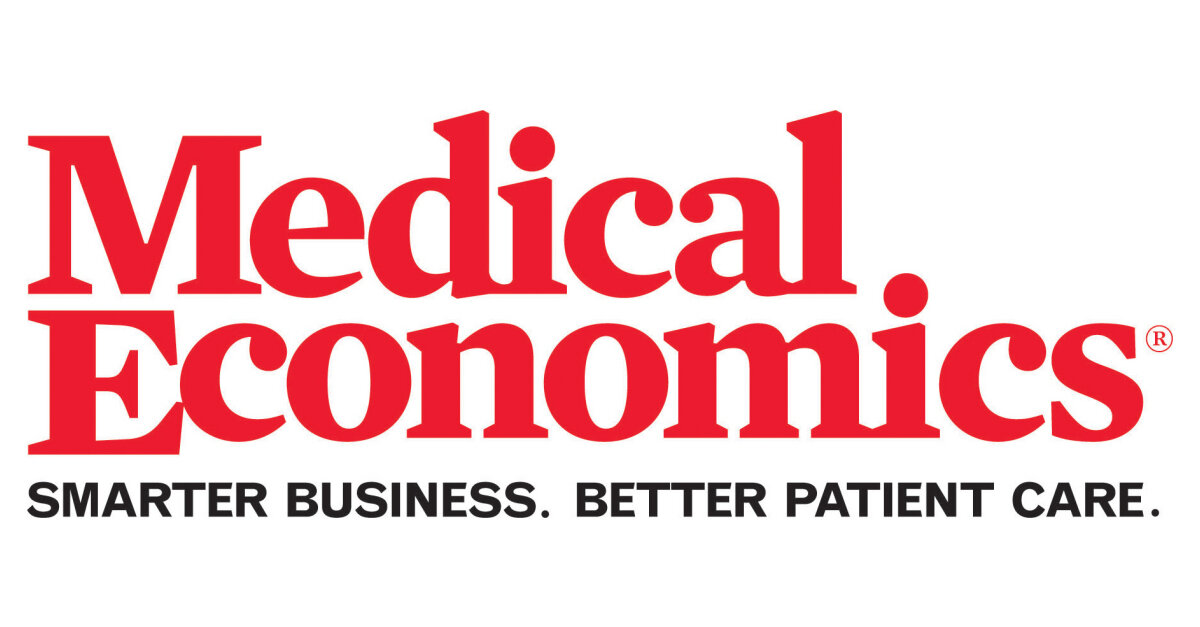As more people turn to digital media for information, providers can utilize digital media to reach, engage, and educate patients. By leveraging online tools, providers have an opportunity to influence health decisions, increase awareness of scientific information, and provide valuable health guidance to the communities they serve.
A Message of Thanks to Our Members
The Benefits of Pre-booking Vaccines for the 2020-2021 Flu Season
The unpredictability of this flu season is a reminder for practices that it’s never too early to begin preparation for the next flu season. As a part of this preparation, practices, workplace clinics, and other provider facilities must continuously reevaluate their influenza vaccine supply and plan in advance to ensure they are properly stocked. Pre-booking vaccines is the best way practices can proactively prepare for the upcoming flu season. Explore how organizations—and their patients—can benefit from pre-booking flu vaccines.
Early Childhood Vaccines: The Foundation for Lifelong Disease Prevention
The first 15 months of a child’s life are an important time within the vaccination schedule as an opportunity to establish initial protection against diseases like polio and hepatitis B. The Centers for Disease Control and Prevention (CDC) recommends that children be vaccinated against 14 illnesses during the first two years of their life. Pediatricians and family physicians can play a major role in an infant’s immunity by engaging parents in ongoing discussions about what vaccines their child needs and when.
Medical Economics Magazine: How To Build an Efficient Vaccination Program
Strong vaccination programs are a must for providers of all care settings aiming to keep patients safe from vaccine-preventable diseases. Yet for many providers, running a vaccination program can also be an administrative burden. Fortunately, it doesn’t have to be. Building an effective and profitable vaccination program is possible.
Our President, Jeff Winokur, spoke with Medical Economics about strategies for creating a vaccination program that not only improves health outcomes for patients, but also provides a financial return for practices.
Be Prepared: Protecting Vaccine Supplies Before, During and After a Disaster
Preparation is an important aspect of everyday practice management and success, and it is never more critical than when a disaster strikes. Common disasters that affect vaccine supply, include national vaccine shortages, as well as severe weather. Emergency preparedness for these situations means practices have concrete plans in advance to ensure that both providers and staff are ready to handle a future crisis and provide needed support to patients.
Workplace Flu Clinics: Encouraging Seasonal Health to Support Year-round Employee Wellness
The Centers for Disease Control and Prevention (CDC) estimates that American workers miss approximately 17 million workdays due to the flu each year, costing employers $7 billion in sick days and lost productivity. One way employers can create a healthier workplace is by hosting on-site influenza vaccination clinics in the office.
Vaccine Recordkeeping: A Team Approach for a Healthier Tomorrow
Keeping vaccine records up to date is key to a patient’s lifelong immunity and health. Official childhood vaccination records have been adopted by every state and territory to encourage uniformity, but limited interoperability in healthcare can make recordkeeping a challenge. As a result, responsibility falls on both the patients and providers for managing records throughout the patient’s life.
The HPV Vaccine: Moving Beyond Teenage Populations
The human papillomavirus (HPV) vaccination, first introduced in the U.S. more than 10 years ago, was designed to protect young women from cervical cancer. Since that time, the Centers for Disease Control & Prevention (CDC) reports that HPV cancers and genital warts have decreased by 71% among teen girls. The vaccine’s success has led to research identifying new opportunities for protection against HPV among other patient populations that can help further drive down infection rates.
Aging and Immunity: The Important Role of Vaccines
We often focus on the immunity of children, but as patients age into adulthood and seniority, following recommended immunization guidelines is essential to their overall well-being. Vaccines for illnesses such as pneumococcal disease, tetanus, and shingles can help combat the deterioration of immunity that many patients will experience as they age.
Vaccines for All: Reaching and Serving Rural Americans
More than 60 million Americans live in rural areas. Rural residents receive less or inferior healthcare compared to those in other parts of the U.S., including medical check-ups and the opportunity for recommended vaccinations. The National Rural Health Association reports that provider shortages in rural areas are obstacles to regular primary care, and for children in rural areas, limited access to healthcare can also affect immunization.
School’s Out: Use Summer Vacation to Bolster Child Immunization
Many parents schedule their children’s well-child visit, or “check-up,” during the summer months to prepare for the start of a new school year. Well-child visits are a great opportunity for providers to help parents ensure their child’s vaccinations are up to date, and to keep young patients healthy and free from vaccine-preventable illnesses.
The Power of Provider Recommendations
The Center for Disease Control (CDC) has published guidelines on recommended immunization schedules by age group, but for many Americans, additional information from a provider can help deepen understanding. Through established patient-provider relationships and medical knowledge, clinicians are in a unique position to educate patients about health decisions, including vaccinations, and research shows that patients value the advice.
The Kids Are Alright: Child Vaccination Rates Remain High
Getting a Head Start on Flu Season: Planning and Pre-booking Vaccines
While the Centers for Disease Control and Prevention (CDC) begins tracking each year's influenza, "flu," season in October, preparation begins long before autumn arrives. Providers and clinicians place advance orders, or “pre-book,” for vaccines for the upcoming flu season between January and March.



